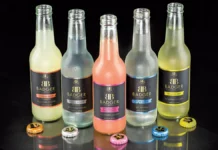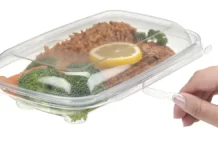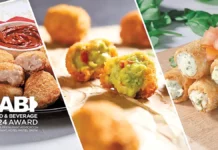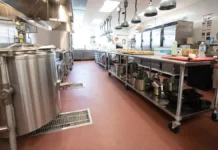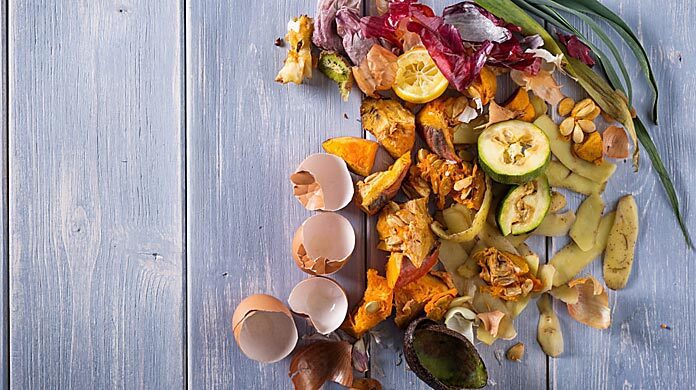
As we look at company culture in every industry, there is one common theme that many brands are focusing on: becoming more sustainable. This is an especially important goal for businesses that commonly create excess organic waste, like restaurants and grocery stores.
It’s something we’re all trying to improve upon and it’s a fantastic goal to tackle. The idea of “zero waste” takes sustainability a step further. It is a philosophy that encourages the redesign of our habits and cycles so that all products are reused or disposed of sustainably, through methods like composting. The goal is for no trash to be sent to landfills, incinerators, or the ocean, similar to the way that resources are reused in nature. While, it is extremely difficult to be truly ZERO waste, we can certainly aim to get as close as possible to that bottom line, and in doing so the results will be beneficial in both sustainability and in profit. There are several key steps to create maximum efficiency in a brand’s waste reduction.
1. Create a benchmark for what waste your organization is currently generating.
The first part of this process is to understand what materials or waste your organization currently generating. Are you a restaurant or grocery store that consistently throws out solid food? Are you a retailer that has an excess of plastic bags? Are you wasting styrofoam or cardboard? It’s then important to go through and see how that adds up over time. How much of each type of waste are you producing? Quantify that for the week, month, and the year if you can, and then investigate the source of your excess.
2. Review your operations to understand the driver of the waste creation.
Your next task is to answer the “why?” – look for the root cause of the waste overproduction. Likely, waste is either coming from the procurement of goods or operational processes. If it is the former, see if you are able to reduce what your ordering so the company does not have to toss excess material. This has a double net effect, because if you are able to reduce, you will cut down on cost on the original purchase, as well as cost to dispose of it. If you are unable to purchase less, see if there are ways your ops team can create by-products from what you originally purchased. For instance, if you have an excess of cucumbers in a certain week, is there a way that you can work it into a garnish for a cocktail? By utilizing your products in creative ways, they can be sold for an additional profit, again helping to make money and increase the bottom line through reduction of waste.
3. Reframe your thinking of waste as a nuisance, and think of it as an asset.
There is a reason why the phrase “one man’s trash is another man’s treasure” has stuck around for so long – it’s true! So many people throw out their excess boxes, metal materials and bags but there are existing people and services that will pay to take those items off your hands. This is a great way to create extra income and ensure that your extra materials go somewhere that will have an additional use for them. For food that you are unable to reuse in-house, research food donation options in your area. Whether it’s a local food pantry or a specific charity program, you can give to those in need and will also be able to receive some tax benefits as a result (especially if this is something you do regularly). Win-win.
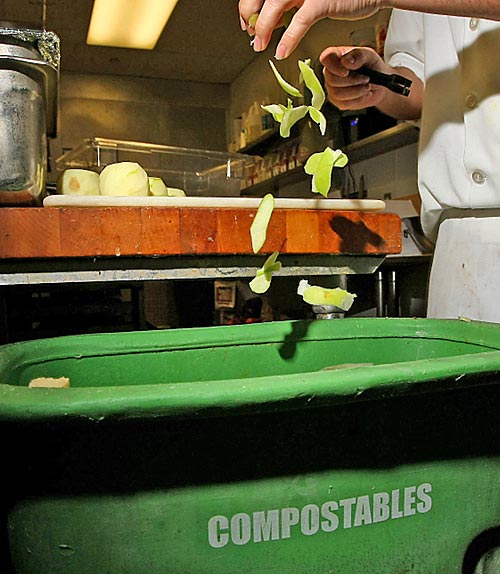 4. Explore your waste management program for disposing of waste you cannot divert.
4. Explore your waste management program for disposing of waste you cannot divert.
The biggest takeaway is that if you want to become more sustainable, you will need to do your research and make sure your facility has exhausted all possible resources and options before disposing of waste in a landfill. Recycling and composting make up for a huge percentage of waste diversion that many business owners do not realize – and those options can even be cheaper than using a garbage pick up service. With that said, it is important to make sure you understand the services you’re using. Know things like bin sizes, pick up days and other nuances so that you’re getting the most bang for your buck and that the maximum amount of waste is being taken off your hands.
5. The Triple Bottom Line
Ultimately reducing your waste is a three-fold bottom line and all factors need to be considered. Simply put, it boils down to these three things:
-
- People – Diverting food to those who are food insecure.
- Planet – Diverting from landfills into reusable commodity streams.
- Profits – Reducing over-purchasing, increasing efficiency, capturing value in the waste stream etc.
As a business owner, if you can order leaner and find meaningful ways to use your excess products, you will ultimately be able to turn a bigger profit and be proud of what you’re doing for the environment as well as the community around you (in addition to your bottom line!). These steps are all relatively simple in theory, but it takes a commitment and discipline to carry out the process. In order to see the change, your company has to be willing to stick it out.
Matthew S. Hollis is the President of Elytus, an innovative waste management company committed to helping their clients #wastenothing. To learn more about Elytus, visit the company’s website or on social media @Elytus.




















